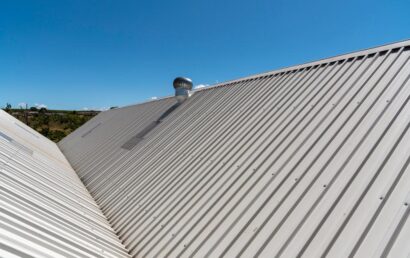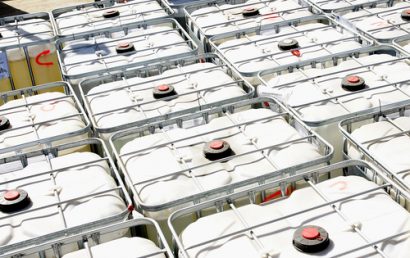Why Do You Need Electrical Insulation?
Electrical insulation is just one of the many technological advances accomplished throughout history – in addition to new materials and previously undiscovered substances – that make our lives more comfortable, easier, and simply better in an overall sense. Of all modern inventions, possibly today’s most relied upon and common is that of electricity. If, however, its applications are underestimated or it is misused, it can also be one of the world’s most dangerous!
For this reason, and others, a type of insulation was created that could protect but still allow the safe carriage of electrical current. Between the conductors to its ground, and between the conductors themselves, the flow of current is limited by insulation. So, the opposite transfer properties of a conductor must be held by the insulation.
Conductors and Electrical Insulation
Metal is usually used for conductors, the most common being aluminum or copper. Both conduct electric current well. They have constant thermal properties and high current carrying capacity. So, it only makes sense that nonmetallic materials are used for electrical insulation. Most typically used are rubber, plastic, or PVC. It should keep current within the right path while resisting the current. Though no “perfect” insulation material exists, it should not – in the most complete manner possible – carry electrical current. Better insulation capacity is offered by materials with a higher resistance.
The Consequences of Electrical Stress
A combination of the degradation of insulation and electrical stress happen all the time. It’s a major cause of general wear-and-tear as well as insulation failure. Foreign materials and moisture penetrate insulation as cracks or pinholes develop. That means that a path for current leakage is provided. On an increasing level, excessive current will be permitted to pass through the insulation because, once started, degradation processes of varying types aid each other.
The Failure of Electrical Insulation – Is It Serious?
The seriousness of electrical insulation failure can depend on the application in which electricity is being used. It is never, however, desirable. The following can be a result of electrical insulation failure:
- Property damage
- Equipment damage
- Explosion
- High false currents
- Fires
- Dangerous voltages
- Short-circuit
- Fatal accidents
- Personal injury
Causes of Electrical Insulation Failure
- Excessive voltage stresses
- Light
- Mechanical Damage
- Chemical Deterioration
- Dirt, Moisture, and Heat
- Aging
How to Protect against Electrical Insulation Failure
Once electrical insulation failure occurs, leakage results.
Often after it’s too late, the leak is discovered through sight or smell – and that’s dangerous. Companies with a planned maintenance program in existence may be able to notice insulation resistance reduction and stop it in its tracks. The following are ways to prevent the failure of electrical insulation resulting in a hazardous environment:
- Regular visual checks
- Routine PD (partial discharge) checks/testing to analyze PD activity
Additionally, use of adequate to superior insulation materials and methods are advised.
Electrical Insulation at Its Finest
A&A Coatings knows the importance of electrical insulation and, therefore, we offer a variety of materials and application methods. To provide electrical insulation and assist in the prevention of insulation failure, our technicians can discuss with you the appropriate steps that should be taken.
Don’t allow the above described scenarios to affect your machinery, the safety of your staff, and your company’s bottom line. Protect against electrical insulation failure by depending on A&A Coatings.
Contact us today for information.



